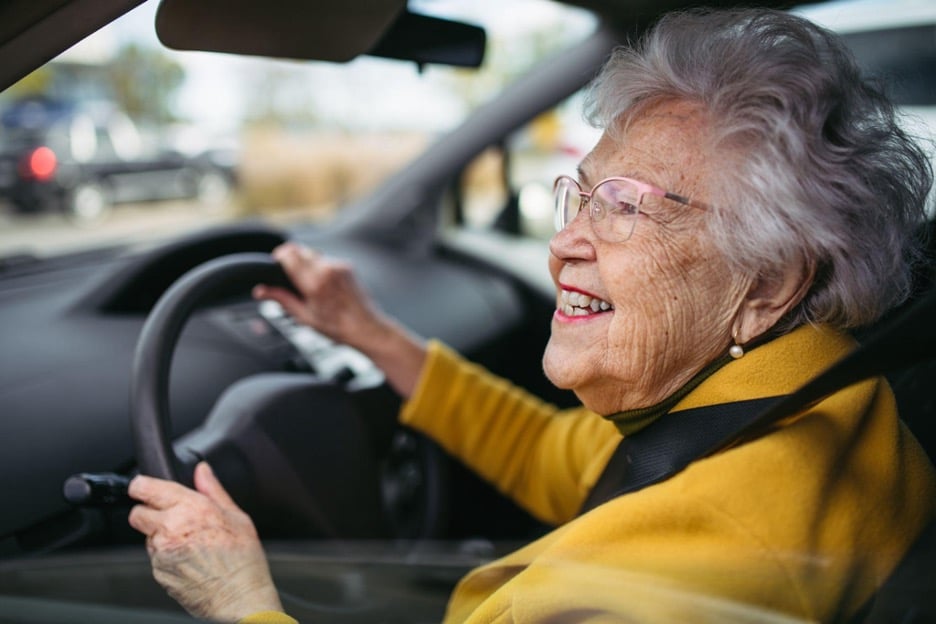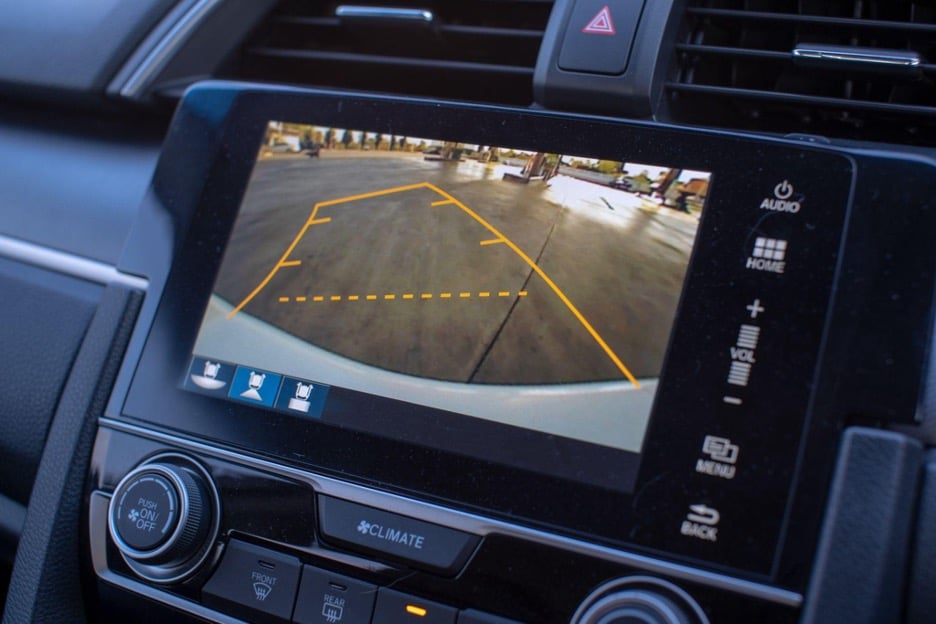How To Keep Senior Drivers Safe

Driving provides a senior driver with essential independence, allowing them to handle errands, stay socially connected, and maintain an active lifestyle. However, ensuring safety is crucial for both the senior driver and others on the road. As aging introduces physical and cognitive changes, understanding these factors is key to fostering safer driving habits.
Factors Affecting Driving Ability with Age
As we age, certain physical and cognitive changes can impact driving ability. Understanding these factors is the first step in promoting safer driving practices among senior drivers.
Health Conditions
- Arthritis and Stiff Joints
These can make steering and using pedals more difficult. - Vision Issues
Conditions such as cataracts, glaucoma, and macular degeneration can impair vision, making it harder to read signs or see pedestrians. - Hearing Loss
Reduced hearing can prevent seniors from hearing sirens or horns, critical for safe driving. - Dementia and Cognitive Decline
These conditions can affect decision-making and reaction times. - Medications and Side Effects
Some medications can cause drowsiness or dizziness. - Slower Reaction Times
Reflexes naturally slow down with age, affecting the ability to react to sudden changes on the road. - Physical Conditions
Diseases like Parkinson’s or recovery from a stroke can significantly impact coordination and motor skills.
Tips for Safe Driving Practices
Seniors can take important steps to stay safe on the road by focusing on their health, adjusting their vehicles, and practicing mindful driving habits.
Regular Health Checkups
It’s essential for seniors to have regular vision and hearing tests to identify issues early. Additionally, reviewing medications with a healthcare provider ensures that prescriptions do not affect alertness or reaction times.
Physical Activity
Staying active is also crucial. Exercises that boost strength and flexibility can enhance driving skills, helping seniors feel more comfortable and alert on the road.

Vehicle Adjustments
Choosing the right car for seniors can make a significant difference. Vehicles with automatic transmission, power steering, and power brakes are easier to drive.
Newer vehicles have safety features, such as backup cameras and sensors, that can provide additional assistance for navigating roads and parking.
Driving Habits
Developing cautious driving habits is another key aspect of road safety. Here are some practical tips for senior drivers:
- Avoid Night Driving
Try not to drive at night or during bad weather, as these conditions can make it harder to see. - Plan Your Route
Choose routes that avoid high-speed highways and complex intersections to help reduce stress and confusion while driving. - Limit Distractions
Keep music at a low volume and avoid long conversations while driving to stay focused on the road. - Keep a Safe Distance
Always maintain a safe distance from other vehicles. This gives you enough time to react in case of sudden stops or emergencies.
Evaluating Driving Skills
Regular assessment of driving skills is crucial for identifying areas that may need improvement.
Professional Evaluations
Seniors can seek evaluations from driving rehabilitation specialists or occupational therapists for personalized advice and training. Enrolling in driver safety courses like AAA’s RoadWise Driver Course can refresh skills and introduce new safety strategies.
Additionally, taking a driving test for seniors can assess driving abilities and identify areas for improvement.
Recognizing When to Stop Driving
Knowing when it’s time to stop driving is a sensitive yet essential aspect of ensuring safety.
Warning Signs
Seniors should be aware of warning signs like:
- Frequent accidents or near misses
- Difficulty reading road signs or staying in the correct lane
- Health issues affecting driving (e.g., confusion, dizziness)
- Feedback from family and friends about driving concerns
State Regulations
Understanding local regulations is important, as some states have a DMV test for seniors over 70. Knowing what is the new rule for senior drivers or the maximum driving age by state can help seniors stay informed about legal requirements. These regulations may include regular vision and senior driving tests to ensure ongoing road safety.
Alternatives to Driving
Giving up driving doesn’t mean losing independence. There are numerous alternatives that can help seniors stay mobile and connected to their communities.
Transportation Options
Public transportation, ride-sharing services, community shuttles, and volunteer driver programs can provide reliable and convenient travel options for seniors.
Staying Connected
Delivery services for groceries and medications ensure that seniors can manage their daily needs without driving. Seniors can use technology to regularly connect with friends and family.
Communicating About Driving Concerns
Discussing driving concerns with a senior loved one can be challenging but is essential for their safety and the safety of others.
Approaching the Conversation
Approach these conversations with empathy, using “I” messages to express concern without making them defensive. Focus on safety while maintaining their independence.
Gradual Discussions
Introduce the topic gently and revisit it as needed to help them feel more comfortable about transitioning away from driving. Collaborate to find practical solutions and alternative transportation options to ease the process.

Living Safely at Cascade Living Group
At Cascade Living Group, we recognize that promoting the well-being of seniors is a collective effort involving families, communities and caregivers. We prioritize safety and independence through open conversations about senior care and regular evaluations of seniors’ needs.
Our supportive communities offer essential resources to help seniors stay connected with loved ones and reduce isolation. By fostering a strong community, we empower seniors to effectively navigate their transportation needs, ensuring they enjoy the freedom and quality of life they deserve. Find the closest Cascade community to you and discover how we can support you or your loved ones on this journey[1] .


